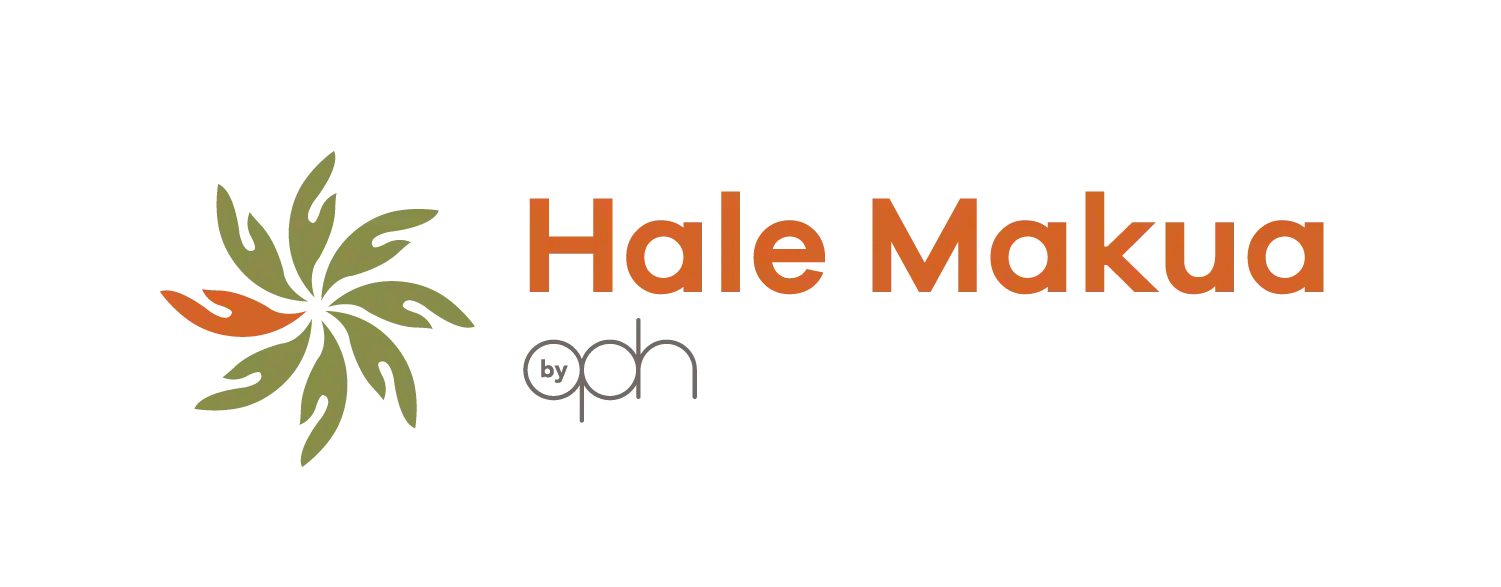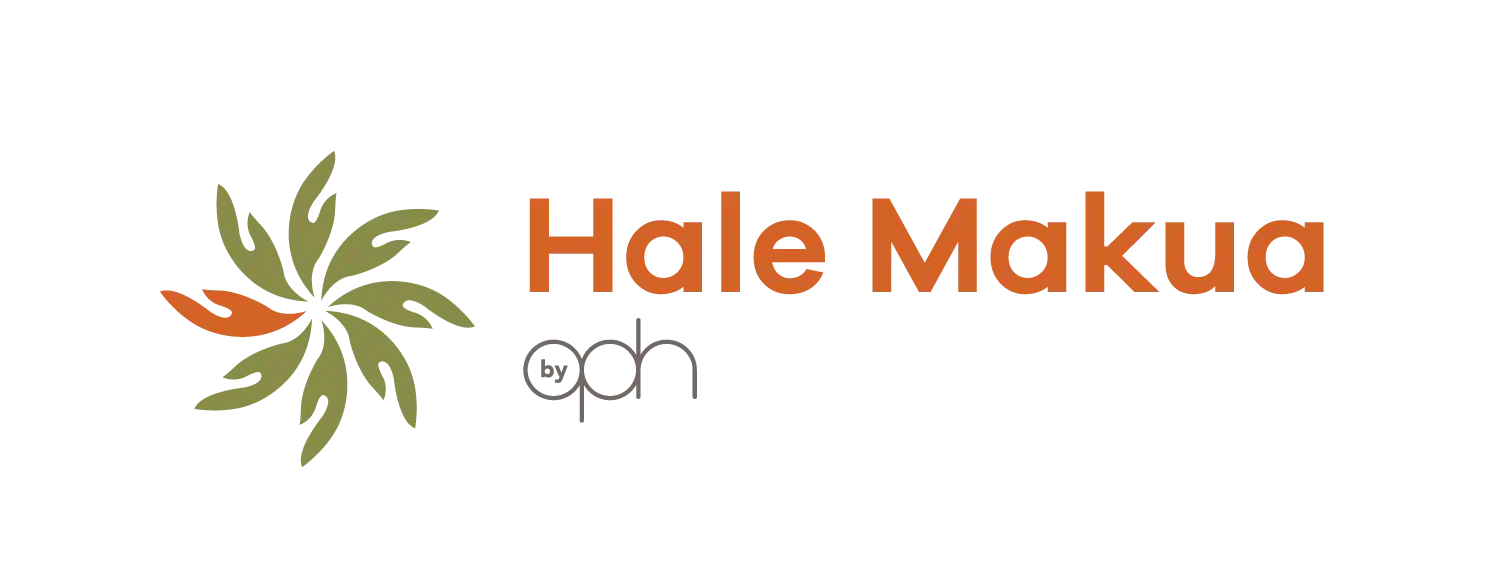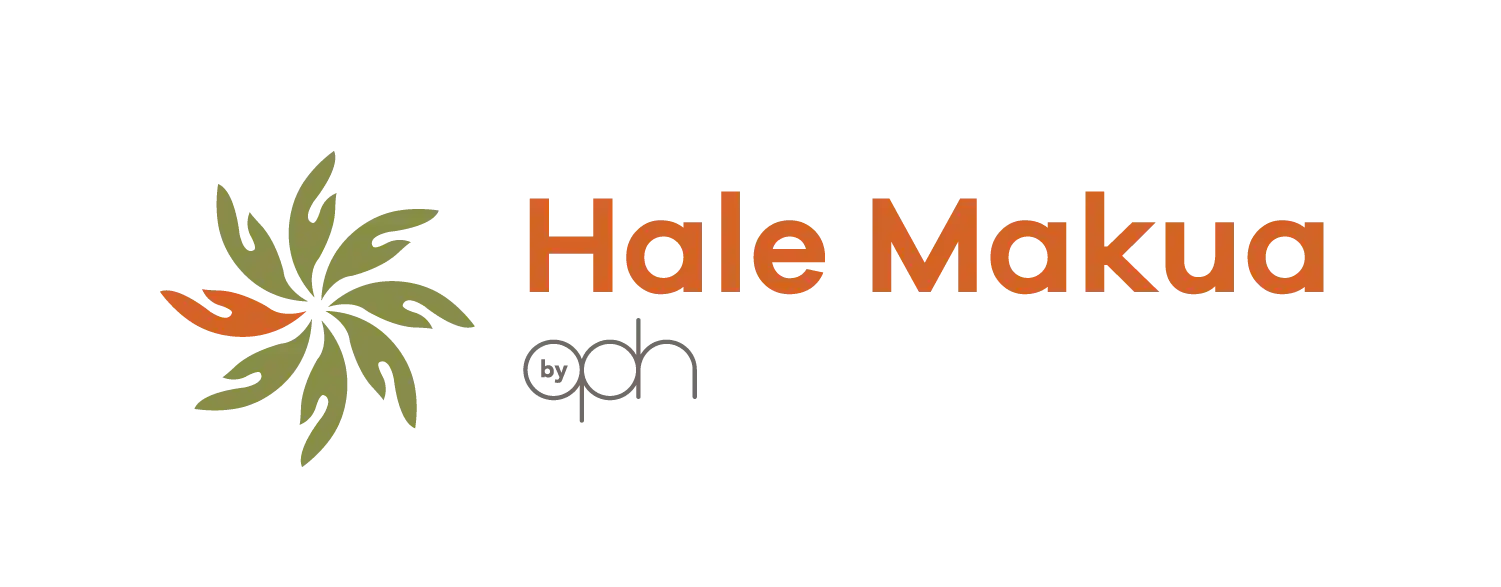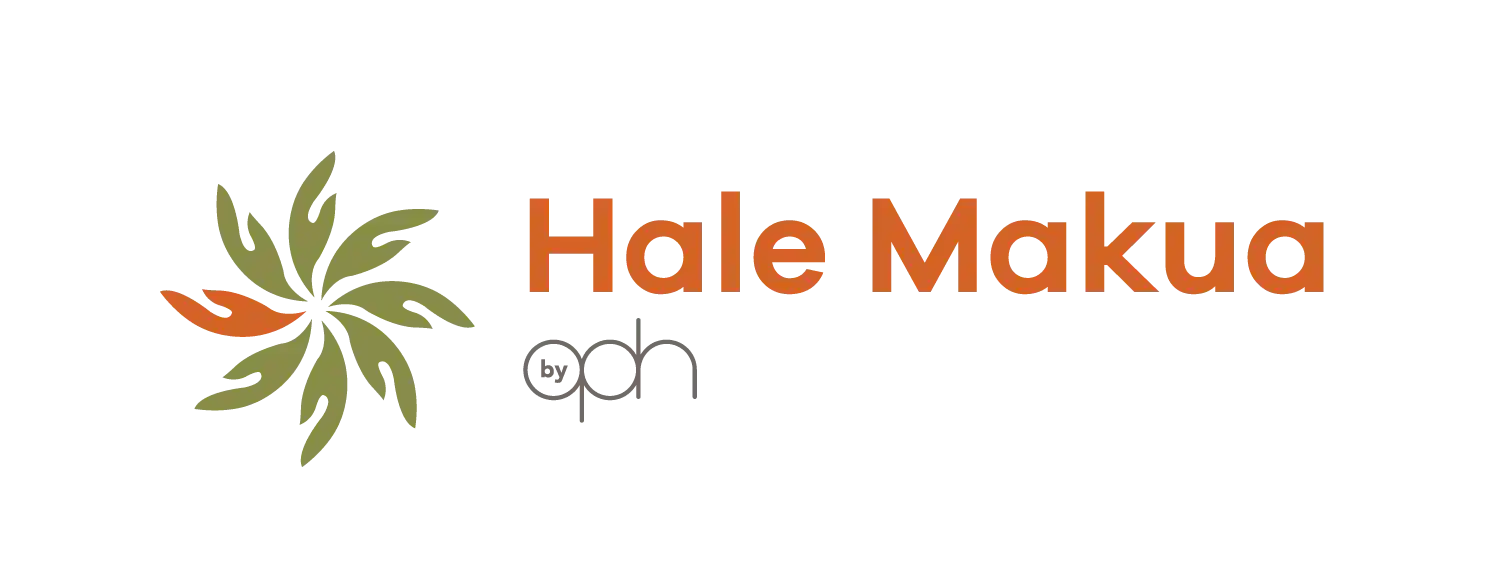More Maui County residents are leaving electric bills unpaid; some resources can help
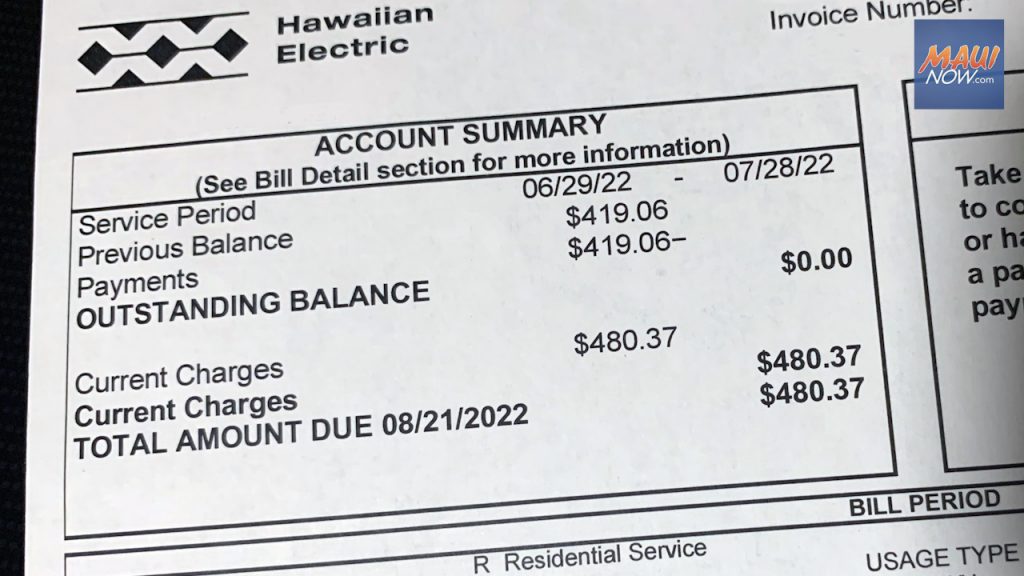
In light of global inflation and the end of COVID-19 assistance, some Maui County residents are having a hard time paying their utility bills, according to recent data.
Maui County saw a slight increase in customers who have late balances for their electricity bills. About 8% of residential customers, or 6,000 people, haven’t paid in more than 30 days, according to Hawaiian Electric Co. December data. In comparison, 7% of residential customers in December 2021 had late balances.
Some unpaid bills are as high as $9,000 to $10,000, said Cassi Yamashita, Maui Economic Opportunity Inc. community services director, who noticed an increase in unpaid bill amounts.
“People are still suffering whether we want to admit it or not,” Yamashita said earlier this week. “Programs are trying to help; there are a lot of resources, but I don’t think it’s enough.”
A recent report showed that households in Kahului spend $694 per month in utilities while households in Hawaiʻi paid $550 per month in utilities. The national average is $328 per month, a doxoINSIGHTS study said.
The report, which looks at utility bills from both a local and national perspective, said the average Kahului household pays $2,762 per month for the 10 most common household bills — 37.9% higher than the national average of $2,003.
HECO last March said electric bills for Maui County will rise about 20% due to inflation and Russia’s invasion of Ukraine.
That’s why Yamashita and others are working to connect low-income Maui County residents with resources that may help.
If people receive a disconnection notice or have already been disconnected, the Energy Crisis Intervention program can provide up to $650 for eligible applicants.
MEO since the middle of the pandemic has seen spike in applications for the crisis program. Initially, MEO could help 10 households a month under the crisis program, but since need increased, the nonprofit is able to approve 15 households a month.
“The crisis portion has gone up significantly,” Yamashita said. “We usually meet our max early in the month.”
Energy Crisis Intervention is part of the Hawai’i Low-Income Home Energy Assistance Program (LIHEAP), which provides heating and cooling to low-income Hawaiʻi households with one-time payments toward the utility bill. The other option is Energy Credit, a noncrisis program with a once-a-year deadline that helps homes with heating and cooling bills. LIHEAP support draws federal money that goes through the state to specific community agencies.
Yamashita said qualified residents are also referred to a weatherization assistance program that replaces appliances for more energy-efficient ones.
“We try to look at all the different areas where we can help,” she added.
Yamashita said it’s important that residents know resources are available not just from MEO but throughout the community.
“Our job is to navigate them,” she said. “If we can help them, we’ll help them. And then we’ll also try to connect them to other community resources. MEO is pretty connected so we tried to maximize wherever we can the resources for them.”
HECO said that if customers are having trouble paying electric bills, reach out to the company for options.
“If customers are having trouble paying their electricity bill, please reach out to us – we’ll work with you to keep you connected,” said Shayna Decker, HECO communications manager. “We’ve extended our interest-free payment plans to as many as 24 months and we work individually with customers to tailor it their situation.”
Also, customers have access to government and nonprofit financial assistance through the HECO website.




